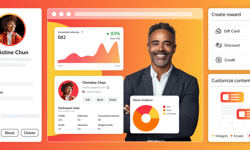
Is this the moment we’ve been waiting for, the tipping point, when the all-conquering social platforms are forced to break stride for the first time?
For the past year, we’ve heard an increasing number of senior advertising figures bemoan the opaque reporting, the funding of hate groups, the inappropriate ad placements, the fake news, but the ad cash has continued to flow in their direction.
Maybe the Cambridge Analytica scandal and the spotlight it shines on Facebook’s cavalier approach to safeguarding user data, might be the straw that broke the camel’s back.
It appears that not only did Facebook allow its platform to be weaponised by the Russian state in the 2016 US election, but that it has allowed all and sundry, including bona fide commercial bodies but also shadowy political pressure groups, wholesale access to user data.
Investigations have been announced by the EU, UK and US and the potential for massive fines is very real, as are, perhaps more significantly, a tightening of the regulations under which they operate. If Facebook and co have to start playing by the same rules as mainstream media (and why shouldn’t they) then there is a greater chance that the advertising spoils might be shared more equitably.
That said, publishers, notwithstanding the understandable schadenfreude, must realise that the clock can’t be turned back. The digital revolution continues and the pace of change quickens.
What this will hopefully lead to is a more level playing field.
The social platforms are here to stay, and, even if they weren’t, publishers would still be faced with the ongoing challenge of getting the man on the Clapham omnibus to stop playing Candy Crush and to start engaging with us instead.
So, let’s enjoy the moment, but redouble our efforts nontheless…












